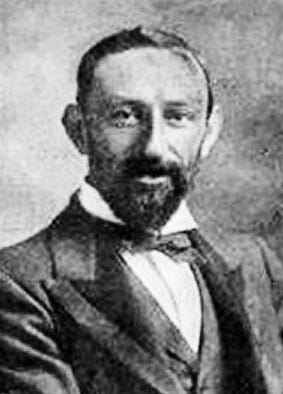So this is a thing I want to do; look at jobs that no longer exist. Yes, I get it, people are still out there killing whales like a**holes, but I’m talking about the massive industry in collecting the oil with nothing more than a pointy stick that was used to light peoples’ houses, lubricate machinery during the Industrial Revolution, and to a lesser extent help make things explode, produce soap and all sorts of other stuff. I thought I’d start with this because I found a memoir in a used bookshop, and because the sum total of my knowledge was that film with Chris Hemsworth. If I’m honest, I was concentrating more on him than I was on the economy of whale oil and the process of getting it.
The book the following account from is called The Cruise of the Cachalot, (another name for sperm whales) by Frank Bullen. Originally published in the mid-1870s, which was the latter part of the period where this was a big thing, it was a massive hit and went through several incarnations. It was even on reading lists across British schools. At the time he wrote it, he reported that the trade had declined as a result of the American Civil War, the US being the leaders in it, and that it had so far not recovered.
Turns out we’re talking about a three century span for the whale oil craze, and that a right whale, or a bowhead whale were the best targets. You wanted baleen whales, because their boiled down blubber was a better composition than the type you got from toothed whales. This industry was so huge that these were nearly hunted out of existence. In fact, there were so few right whales left by the time Bullen went to sea, it had fuelled the switch to hunting sperm whales.
In his own words, Bullen wrote his book ‘to give an account of the cruise of a South Sea whaler from the seaman's standpoint.’ There were only two, much older books along these lines, and they were not popular accounts; having been written by surgeons with a scientific audience in mind. ‘This book does not pretend to compete with either of the above valuable works. Its aim is to present to the general reader a simple account of the methods employed, and the dangers met with, in a calling about which the great mass of the public knows absolutely nothing.’
This was a dangerous job. It involved getting in a very small boat to pursue a very large animal that was trying to defend itself. If this all sounds like a faff, then it was, but there was good reason for going out of your way to find whale oil. It was the best quality, and it burned cleanly. As a result, it fetched high prices, so there was incentive to go out looking for it, arduous as the work was. (I vaguely remember that Chris needed the money).
Apparently, the trade was first carried out in the Atlantic Ocean; but then the industry grew and whales became more scarce and so ships went further afield. In 1788, the first whaler rounded Cape Horn in search of blubber. In 1819, the British whaler Syren ‘opened up the till then unexplored tract of ocean in the western part of the North Pacific… From these teeming waters alone, for many years an average annual catch of 40,000 barrels of oil was taken, which, at the average price of £8 per barrel, will give some idea of the value of the trade generally.’ (That’s £35 million in 2024 pounds, or $44 million)
The lengthy route employed by Bulllen and the rest of the crew; which amounted to a lap of the globe.
Bullen: First Blood
One of the things Mullen writes about is his first experience of a whale hunt…
Keep reading with a 7-day free trial
Subscribe to Alex Churchill’s HistoryStack to keep reading this post and get 7 days of free access to the full post archives.



